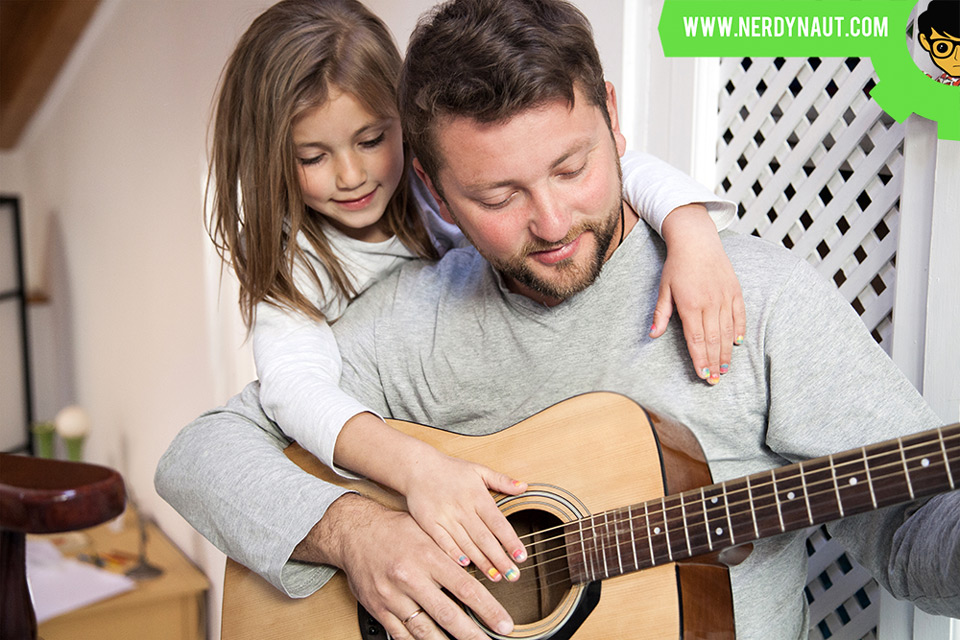Being an instructor and teacher is very challenging to do. And if you are teaching music to your students, it can actually increase the challenge as not everyone is entirely a fan of learning music. Moreover, understanding and learning of music are not really easy. So, it may take some time for some to really grasp the lessons.
But even so, you could still turn things around and engage your students more into your music lessons. And these are some tips on how you could do it effectively:
1. Teaching music through games is more fun!
When teaching any lesson, doing it through games (especially interactive ones) can highly increase the fun inside the room. And when the fun is very much apparent, the students will certainly take an interest in the lessons.
You could start the class by engaging the students in an ice breaker. Afterward, you may proceed to teach the lesson through various fun games. Although, keep in mind that this is not something that you must every day or in every lesson.
2. Teach music your students like and can relate to
It is worth noting that kids and young ones lose interest in the things that they could not understand or relate to. And if this happens inside the classroom, you must get to know what type of music they like.
You may ask them personally or try to get in the know. You could also check the latest trends in music today. Once you were able to learn what they like and what type of music that they can relate to, surely, they will definitely listen to the lesson that you are teaching.
3. Teach vocabulary with music
Listening to music is a great way to actually learn things. In fact, it has been found that music can help people remember things as the brain normally associates tune and beat to certain memories, words, and other things.
So, when you are teaching, for instance, vocabulary, you may want to do it with music. It will be fun and entertaining which are great factors to regard in the teaching industry. It is worth noting that having a much wider vocabulary can help them with their music composition and making.
4. Set up class discussions with music
As mentioned, music is found to be very beneficial to many students. In fact, most students today refer to music in almost all situation. But in terms of studying and learning, music has been found to be very helpful in these areas. And this is because it can boost brain functions.
So, when discussing a subject inside the classroom, having it with music around can help the students retain information. Also, it will be a very fun way to learn. But, of course, choose the most appropriate tracks and beats. You don’t want this to be a hindrance or a distraction during class discussions.
5. Use instrumental music to inspire writing
Writing, in general, is one of the most challenging things to do. And in terms of writing music, it can be really difficult for some. As it happens, music composition is apparently challenging. This is why not everyone is good at it.
But even so, you can still teach them all about writing music. Who knows, maybe the next world’s best music composer is inside your room, right? And as you teach, try to utilize instrumental music since it is found to inspire the mind that can help the imagination and creativity to arise.
6. Incorporate practical engagement
If you are having a hard time engaging your student with your lessons, especially if they are about music, you may want to incorporate practical platforms. These platforms can be in the form of performances or activities.
You may conduct practical music exams or you may also do fun exercises with music around. This will actually help the students to feel more energized and excited when it comes to music, especially learning about it.
7. Encourage students to be active
Of course, in order for you to fully engage the students in your music studies and lessons, you must encourage them to be active. And in order to do that, you may want to start giving concessions and incentives to those who will stay active and engaged.
Another way to encourage them is to actually get to know them on a personal level. Through this, you can understand what they like and love when it comes to music. And upon learning about these things, you can easily talk to them and share your advice and recommendations that can uplift their spirits.
In totality, teaching music is really challenging. And much more if you desire for your students to be more engaged. Nevertheless, these 7 tips will surely help you to do this.

